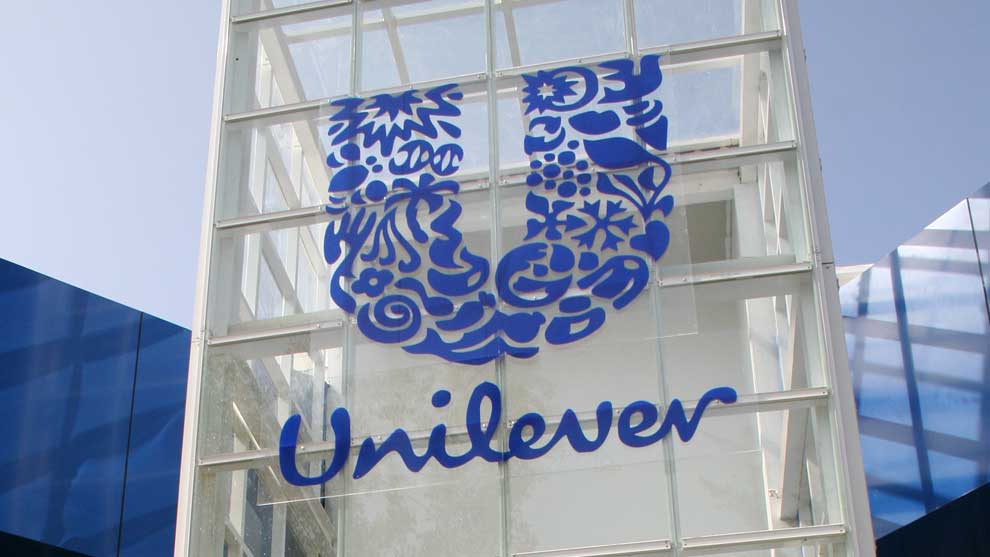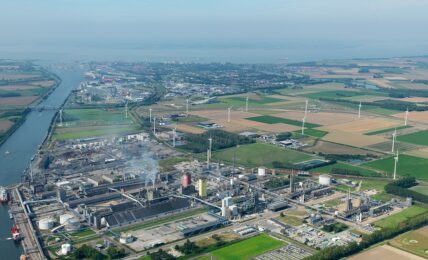
Global consumer brands company announced the launch of a new partnership with Australia-based biotech company Nufarm, aimed at replacing petrochemical-based ingredients in it cleaning products with plant-based oils through the development of a new variety of sugar cane.
Fossil fuel are key ingredients used by major consumer products companies in the production of cleaning products, soaps and detergents, presenting significant sustainability challenges. Most cleaning and laundry products contain chemicals made from fossil fuel feedstocks, typically accounting for around half of the products’ carbon footprint.
The new partnership follows the release earlier this year by Unilever of its Climate Transition Action Plan (CTAP), outlining the company’s strategy to become a lower-emissions business and achieve its climate goals, and introducing new value chain emissions targets, amounting to a 39% absolute reduction in total targeted Scope 3 emissions by 2030. Unilever’s long-term climate goal is to achieve net zero emissions across the value chain by 2039.
Raw materials and ingredients account for approximately 52% of Unilever’s greenhouse gas (GHG) emissions in the scope of its net zero target. Among the key value chain initiatives detailed in Unilever’s CTAP is reformulating products through the use of lower GHG ingredients and plant-based ingredients.
Neil Parry, Head of Biotechnology at Unilever, said:
“This partnership enables us to identify alternative ingredients for our household, beauty and personal care brands which will further support our ambition to reach net zero emissions across our value chain by 2039.”
Nufarm has previously developed and commercialized “energy cane,” a variety of optimized high biomass sugar cane which generates significantly more plant matter and sugar than traditional sugar cane, for use as a feedstock for low GHG biofuels. The new partnership aims to develop a new variety of energy cane that can produce biomass oils for use as ingredients in consumer products, leveraging recent biotechnology breakthroughs.
According to the companies, while most plant oils are typically produced using seeds and fruits, the new project would aim to develop a crop that can produce biomass oils using the entire plant, including leaves and stems, to generate ingredients for laundry detergents and beauty and personal care products.
In addition to providing GHG emissions reductions, key benefits of the new plant highlighted by the companies would include climate stress tolerance, drought resistance and more efficient protection of soil against erosion. The plant would also produce sugar, which Unilever said may be available for use in generating speciality ingredients such as fragrances and enzymes, while the companies will also explore the use of leftover plant fibre for the production of paperboard and packaging.
Greg Hunt, Nufarm CEO, said:
“This technology and associated know-how further enhance Nufarm’s novel, sustainable and scalable oils strategy in high biomass crops like energy cane and forage sorghum and provides new transformational oils platform potential. The ag industry has both the challenge and opportunity of the century. Together, with key downstream partners like Unilever, we are entering new markets not traditionally served by agriculture.”
Parry added:
“By continuing to invest in biotechnology, we aim to further unlock the power of nature and build a more sustainable and diverse supply chain for the future.”


